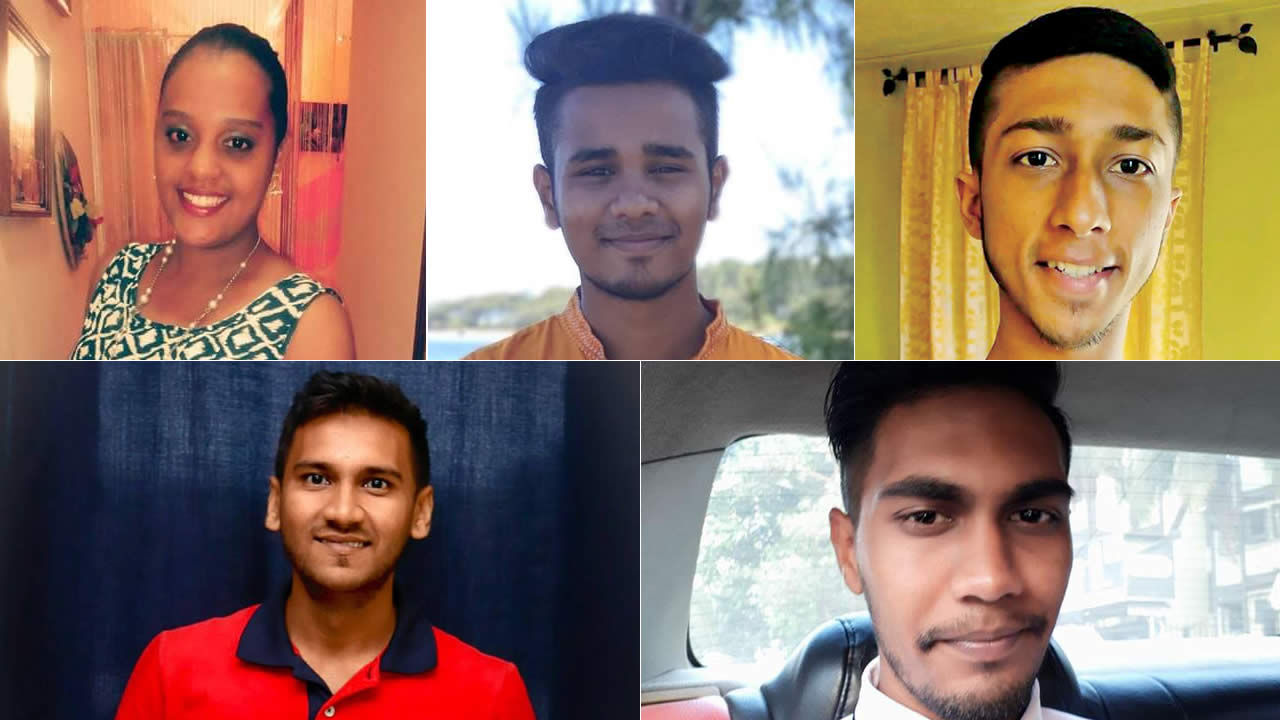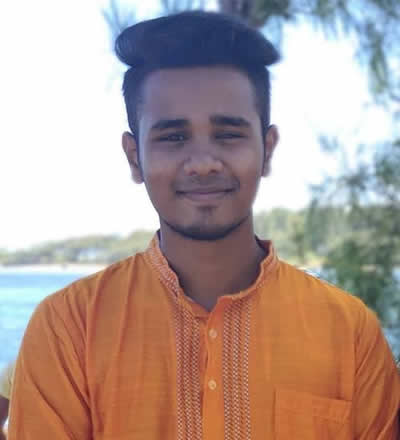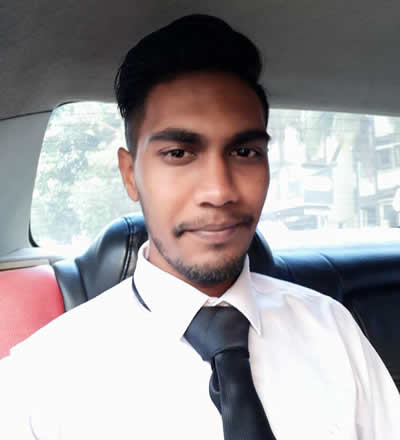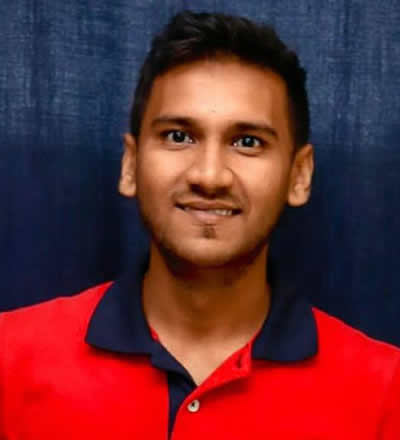
The recent declaration of the Prime Minister Pravind Jugnauth on free tertiary education has taken the country by storm. If this measure has been widely accepted by many, there are some opponents who consider this initiative to be an electoral bribe that can drag the country deeper into further debts. Debate.
 Glorine Maloupe-Luchoo : “How the issue of mismatch will be tackled”
Glorine Maloupe-Luchoo : “How the issue of mismatch will be tackled”
Glorine Maloupe-Luchoo highly welcomes the measures announced by the Prime Minister. She believes that free tertiary education has set up open gates for our youth. “First, the young people will be able to secure a place in public universities without worrying about financial constraints. But the only issue is whether this will reduce youth unemployment. There is no doubt that there is a mismatch between the demands of the jobs and the courses. With new measures, how this issue will be tackled is yet to be seen.”
She also adds that the Government must ensure that along with high performers, low performers also must be given their chance.
 Reeshal Rittoo : “Need to increase entry requirements”
Reeshal Rittoo : “Need to increase entry requirements”
Mauritius needs a higher percentage of skilled labour force and the best way to achieve this is the free tertiary education policy, says Reeshal Rittoo. “Often many students cannot afford to pay their full university fees and tuition. Some students cannot devote their full attention to their studies due to the burden of working part-time to pay for their studies. The best way to solve these problems is the free university policy. Moreover, due to this higher influx of students, our public universities will need to increase their entry requirements, leading to higher standards and hopefully a better quality of teaching in the long run.”
Nevertheless, as enticing as this initiative may seem, it will not solve our unemployment issues, highlights the young man. “Free tertiary education will be most useful to the economy only if the Government proceeds with job-creating projects such as Smart Cities. If this partnership is done correctly, then definitely unemployment rate will drop.”
 Manish Kanhye : “Invest in the creation of jobs”
Manish Kanhye : “Invest in the creation of jobs”
For Manish, this initiative is purely an electoral bribery to influence voters, as we are approaching the general elections this year. “Similar to a couple of initiatives in the past, when free education for secondary schools was allocated in 1976 and free transport for students in 2005, the Prime Minister is trying to make an impression management and present himself as a PM who has written history by giving free tertiary education in Mauritius.
Instead of investing in the creation of jobs, they are wasting public funds to finance tertiary education. It is time the population be aware that most revenues for the Government come from the working class via VAT, which will be used to finance all students including the children of millionaires. This is unfair and I firmly believe this should be reserved only for poor students who can’t afford tertiary education and not for everyone.”
 Yaadav Damree : “The focus should be more on technical schools”
Yaadav Damree : “The focus should be more on technical schools”
For Yaadav Damree, free tertiary education is a must. “The initiative will help in alleviating debts and create more access to higher education. The focus should be more on technical schools, where youngsters can develop appropriate skills addressing the needs of the country. Beyond completion of degree courses, there is a severe lack of information on the knowledge, skills and values that graduates possess. Therefore, free tertiary education must conduct research pertaining to student expectations about their chosen courses as well as an investigation relating to their employability after graduation. Hence, the Government must ensure that the quality of education is improved.”
He argues that along with free tertiary education, proper counselling and career orientation are highly needed. “Without good counselling and orientation towards the choice of courses linking them with the needs of the country, free tertiary education will be of no use. It will only create diplomas and degree holders without solving the problem of unemployment. What we need along with free education is high quality preparation for young people to benefit in the reengineering of Mauritius. Free education is good as long as we all comply to a common vision for the good of the country.”
 Keshav Porahoo : “Students will tend to take tertiary education less seriously”
Keshav Porahoo : “Students will tend to take tertiary education less seriously”
Free tertiary education will, irrespective of family background, ensure that everyone has equal access to the University and in promoting equity and fairness, avers Keshav Porahoo. “Having achieved a higher level of education, the students will be in a better position of being employed, which eventually will lead to a better standard of living. In addition, parents with a lower income will be having a helping hand to reduce family constraints. Also, literacy rate will reach another level.”
However, in another point of view, free tertiary education can worsen the matter, claims the young man. “A higher number of graduates in the economy with the same limited amount of jobs will eventually lead to unemployment. It is an undeniable fact that the position of Mauritius’ Universities in Africa is not a favourable one. Making tertiary education free can deteriorate the situation. More students accessing the University with the same amount of limited resources will lead to a poorer quality of education. In addition, from a psychological perspective, students will tend to take tertiary education less seriously, as they know they are getting the service for free.”
He further explains that being a facilitator of free tertiary education, the Government will have to bear an increased expenditure. “As a result, we can encounter an increase in taxes, which can definitely affect the level of income making the rich richer and the poor poorer. Also, consideration should be given to the provision of more infrastructures and human skills and expertise (lecturers) to avoid a poorer level of education.”
 J'aime
J'aime














